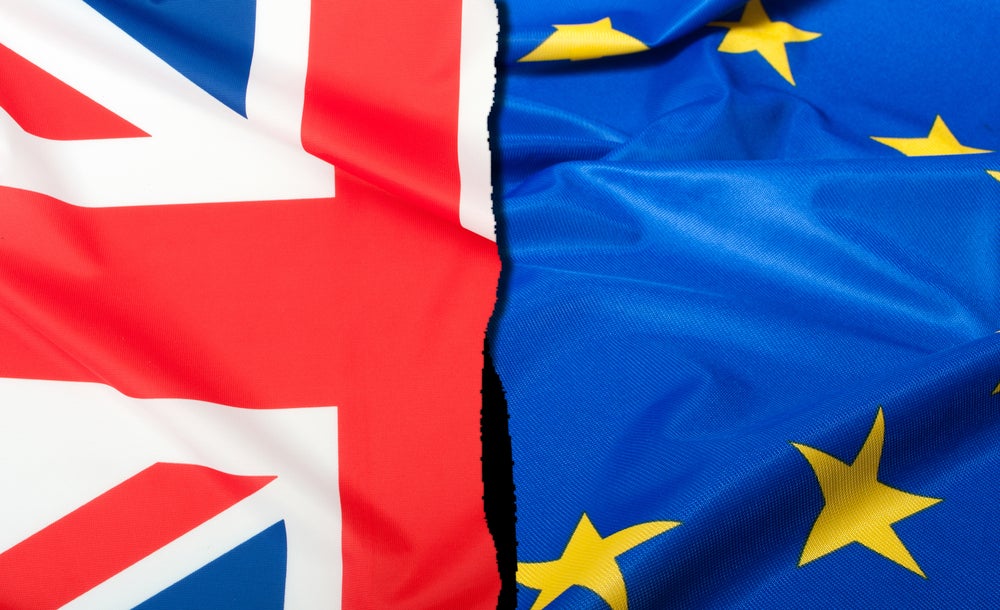
Now that that dust has settled after the EU referendum, it’s worth looking at how Brexit will affect media law.
Nothing is certain yet, but it is possible to make some informed predictions. I will be examining the likely outcomes over the next week or two.
In this post, I will look at copyright law.
First, some basics.
EU law will continue to apply in the UK until we leave the EU. But the legal situation after that depends on the UK’s negotiating position.
Parliament will probably repeal the European Communities Act 1972 (ECA), which incorporated the EU treaties into UK Law.
After that the legal situation will depend on whether the UK joins the European Economic Area. If it does, then some EU laws will be reintroduced into UK law by the EEA Agreement.
If it doesn’t, then EU laws will no longer apply in the UK unless they are reintroduced by new Acts of Parliament.
The EU has certainly helped to shape UK copyright law, especially over the past 15 years, both through legislation and EU court decisions.
For instance, last year the European Court of Justice (ECJ) ruled in the case Pez Hejduk v. EnergieAgentur that photographers can sue for copyright breaches in the UK courts if their photographs are used in another EU country. In the past, actions had to be brought in the country where they were published.
It is unclear whether historic ECJ rulings like this will carry any weight post-Brexit. The UK certainly won’t be bound by future ones.
A lot of UK copyright law is derived from EU directives that have been implemented through UK legislation. These will remain the same unless Parliament repeals them, or introduces new legislation. But it’s unlikely this will happen, given the global nature of copyright in the digital age.
The UK will not have to implement future directives, and that could be significant in the long-term. There are EU copyright reforms on the horizon, designed to achieve greater harmony between member states. Some differences are inevitable if the UK decides not to replicate them.
However, it is important to remember that many UK copyright principles are based on international treaties that go beyond the EU, and the UK will still remain a member of the World Intellectual Property Organisation, a global forum for intellectual property (IP) services and co-operation among UN members. So fundamental change is unlikely.
So overall, Brexit will be unlikely to cause any significant changes in copyright law for journalists, at least in the short term.
Cleland Thom is author of Online law for journalists
Email pged@pressgazette.co.uk to point out mistakes, provide story tips or send in a letter for publication on our "Letters Page" blog







